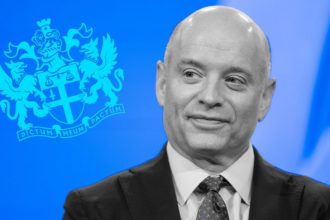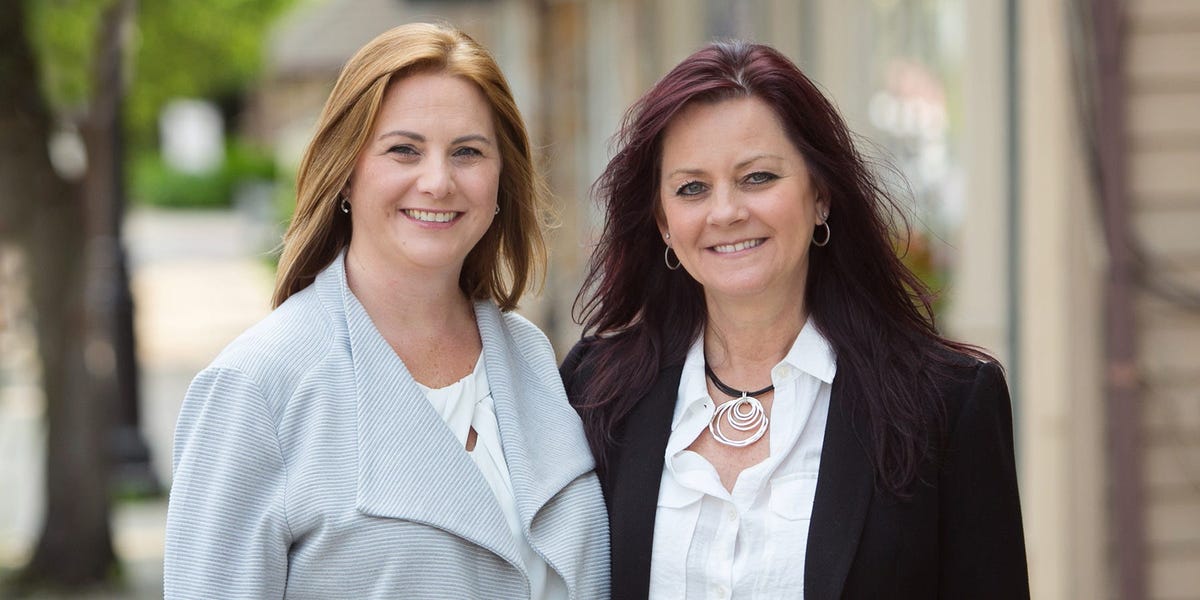Tracy Warren cofounded Astarte Medical in 2016 to improve care for premature babies.
Eight years later, at the end of December, she told her board of directors over a tearful Zoom call that she planned to shut the company down.
The somber call capped Astarte’s story before the company truly hit its stride. Astarte, which sells software to standardize nutrition for babies in intensive care units, had raised $14 million in venture funding to date and landed contracts with four hospitals. It had big ambitions to keep growing and building out its tech.
But the market downturn hit Astarte hard — and its customers even harder. Last year, the startup wasn’t able to land as many new contracts as it hoped, with hospitals struggling to manage their slim margins. And without more customers, Astarte’s revenue fell short of VCs’ higher standards for a new investment.
Astarte now plans to sell itself for parts and lay off its remaining staff, Business Insider has learned exclusively. Its quiet death fulfills the prophecy investors have been fighting against since mid-2022 — that many startups, struggling to grow revenue and raise more venture funding against the market headwinds, will be forced to this year to shut their doors for good.
Warren said that without seeing a light at the end of the tunnel, she couldn’t keep fighting against those headwinds.
“As a former investor, you can’t drink the Kool-Aid for long,” she said.
Astarte’s beginnings
Warren founded Astarte in 2016 with Tammi Jantzen, a former colleague from the venture world, and Katherine Gregory, a former nurse in the neonatal intensive care unit, or NICU.
Gregory had an idea to combine her research around the gut microbiomes of preterm infants with clinical data in electronic medical records to look for insights, and perhaps even generate predictions, to improve health outcomes for those infants.
At first, Jantzen and Warren didn’t know how to make Gregory’s vision a reality. They invested their own money to get Astarte off the ground, funding a study at Brigham and Women’s Hospital to analyze samples of more than 300 infants’ gut microbiomes over their first several months of life.
The company announced its first round of venture funding, a $5 million Series A from backers including Viking Global Investors and Ben Franklin Technology Partners, in May 2019, and then built its first software product, the only product it would ultimately sell to hospitals, called NICUtrition. That software, designed for NICU hospital units, helps healthcare professionals adhere to feeding protocols for preterm infants as they are first fed through an IV after birth, through a tube through the nose or mouth after a few days, and eventually tapered off to feed normally.
The startup wanted to get babies in the NICU growing on track with the development they’d see in utero — preterm infants are often still underweight when leaving the hospital — and set them up for long-term health, while creating more efficient systems for the clinicians caring for them in hospitals.
But from early on, “it was clear to all of us that selling to hospitals was going to be an uphill battle,” Jantzen said.
Fighting for deals
Astarte signed its first hospital contract at the end of 2020, then another in 2021 before raising $7.6 million in Series A-1 funding, primarily from its existing investors, that fall. Under those three-year contracts, hospitals pay Astarte monthly for use of its software.
As healthcare funding surged in 2021, Warren said the startup had a game plan to land 10 to 15 customers and prove it could replicate its business at scale.
But while Astarte was getting lots of first meetings with hospitals, the sales cycles had gotten longer after the COVID-19 pandemic tanked hospital margins, and Astarte was struggling to close deals. Then, in 2022, the market tanked.
“There was a lot of apathy in the market from the hospital side, fighting other fires,” Warren said. “Nothing was trending in the way of innovation, for sure.”
Astarte landed one more hospital customer in 2023, bringing its total customer count to four: Carilion Children’s Hospital in Virginia, Gillette Children’s Hospital in Minnesota, UVA Children’s Hospital, and Arkansas Children’s Hospital.
But that one contract was supposed to be three, Warren said. The company had raised a small amount of debt from investors in the summer of 2023, and set out to raise more venture funding with the guidelines of closing three deals that year — ultimately missing its target by more than half.
Astarte’s revenue figures weren’t hitting the mark, either. Warren said investors were looking for the “magic number” of $3 million in annual contracts. Astarte was banking less than $500,000 a year in contracts.
Warren said Astarte’s investors even had conversations about working artificial intelligence into the startup’s pitches with new VCs to capitalize on the funding boom to AI startups.
But Astarte ultimately decided not to make the promise to build AI into its tech for clinical decision-making.
“Honestly, it would’ve been disingenuous,” she said. “We had to tell our board, we’ve got the data, but we’re not at the point where I would feel comfortable making recommendations based on that data.”
At the end of 2023, Warren said she took a hard look at the business and decided the best path forward would be to wind down Astarte.
“I knew how much money we would need to weather the next two years, and what we needed to raise relative to our stage,” Warren said. “Maybe if I’d seen a light that hospitals were going to get better, or that venture was going to come back strong. But it was kind of dismal.”
Selling itself for parts
Now, Astarte is looking for buyers. The startup is considering selling multiple assets, including its software and patient datasets, Warren said.
Astarte laid off its remaining seven employees in January, she said.
The startup is hoping to find a buyer by the end of the first quarter of the year. Astarte still has money in the bank, and can afford to keep the company together as it searches for the right buyer, Warren said. Once that sale happens, Astarte plans to start settling its debts, and then pay back its investors.
Warren said she just wants Astarte’s work to be carried on.
“The biggest thing for us is that patients actually get serviced,” she said. “If nothing else, our legacy should be that we’ve helped improve the lives of babies and their families.”
Read the full article here





